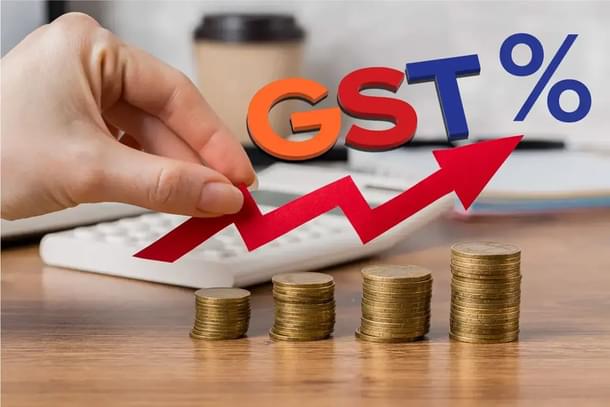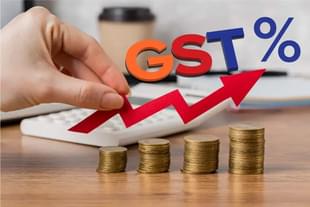News Brief
GST Council To Consider Exempting Insurance Premiums From Tax, Bringing 35 Per Cent Slab For Sin Goods Like Tobacco
Nishtha Anushree
Dec 20, 2024, 02:55 PM | Updated 02:55 PM IST
Save & read from anywhere!
Bookmark stories for easy access on any device or the Swarajya app.


State finance ministers and the Centre are expected to gather in Jaisalmer for the 55th Goods and Services Tax (GST) Council meeting on Saturday (21 December).
The meeting is likely to see discussions about reducing the tax load for consumers by lowering rates on commonly used items such as food delivery services, insurance premiums, bicycles, and packaged drinking water.
However, the Council may also contemplate increasing rates for luxury items like wrist watches, shoes, and high-priced ready-made garments. This would be a step towards establishing price-based tax differential rates under the indirect tax system that was implemented over seven years ago.
The Council is anticipated to address another crucial topic currently not covered under GST - aviation turbine fuel (ATF). At present, petroleum products, including ATF, are not included in the GST system, preventing airlines from utilising credit on taxes paid on ATF, which accounts for more than 40 per cent of their operating costs.
Both the central and state governments impose taxes on ATF, encompassing excise duty and value-added tax. Furthermore, the Council plans to deliberate on the future of compensation cess rates and the establishment of a unique 35 per cent rate for specific sin goods like tobacco and aerated drinks.
The Rate Rationalisation Group of Ministers (GoM), assigned with the responsibility of determining rate adjustments for items and modifications in tax slabs, has completed its report. The Council's meeting will consider the recommendations, which encompass proposed rate changes for approximately 150 items.
The GST Council is anticipated to exempt the premiums paid for health insurance by senior citizens, as well as the premiums for term life insurance paid by everyone. This exemption is likely to include all term life insurance premiums, even those that cover family plans.
Regardless of the coverage, the health insurance premiums paid by senior citizens are also expected to be exempted. For other citizens, health insurance coverage up to Rs 5 lakh is likely to be exempted, while a prevailing rate of 18 per cent will be applied to health insurance coverage over Rs 5 lakh.
Nishtha Anushree is Senior Sub-editor at Swarajya. She tweets at @nishthaanushree.





